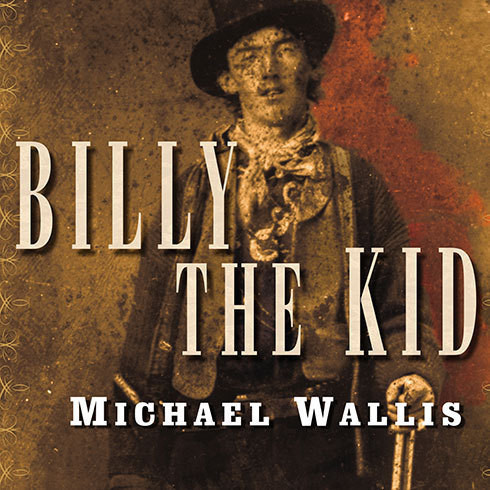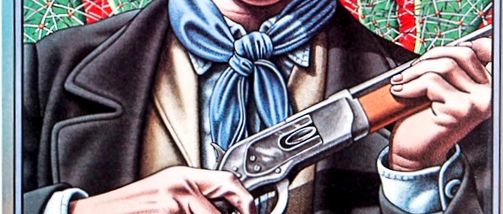Billy the Kid: The Endless Ride
by Michael Wallis
Michael Wallis’ book, The Endless Ride, is an interesting piece to discuss. It’s a good book and an easy read, as well being accurate, but it’s not something I would tell everyone to read. If you want to read about Billy and get a great picture of where he went and what happened to him, and you don’t want to have to get into reading multiple books to really piece together a college level survey of his life, then this is a great book. Basically, if you want to pick up a good book about Bonney, read it and be done, and feel like you have the story…this book does that.
What’s interesting about Wallis’ book is that he doesn’t have a lot of new research or discoveries to bring to the table. What he does is use a lot of other authors, such as Utley and Nolan. He also does a lot of first-hand interviewing of present day specialist to get their insight and opinions on the matters at hand. This latter element is a definite break from the norm of western history biographies, but I find it to be a welcome touch.
Regarding his common use of Utley and Nolan, this is precisely why this book isn’t for every Billy the Kid student. If you’re going to read more than Wallis, then you might as well not read Wallis. Utley and Nolan’s deeply researched books are for the enthusiast who wants to really dig in deep beyond the first level, but Wallis is a great summation if you want to put it all together and move on to the next book on your western shelf.
Wallis is an accomplished writer, and for the average reader (the non-professional-critiquer) his writing style flows smoothly and creates an appropriate atmosphere. His use of specialists, as well personal thoughts and insights, add enough to the book to make it truly thoughtful and well-intentioned. Another plus is the illustrations. Fortunately, for the kind of book he’s written, he doesn’t leave the reader wishing for more photos to peruse.
Seeing as the latest Billy bio previous to Endless Ride was Nolan’s college level West of Billy the Kid in 1998, perhaps it was time for an everyman’s biography to be released again. So decide what kind of Billy the Kid reader you’re going to be, and then either grab Wallis’ Endless Ride, or go to Amazon and snag copies of Utley, Nolan, Burns, Garrett, and probably more. Either way you’re on track to a victory.



